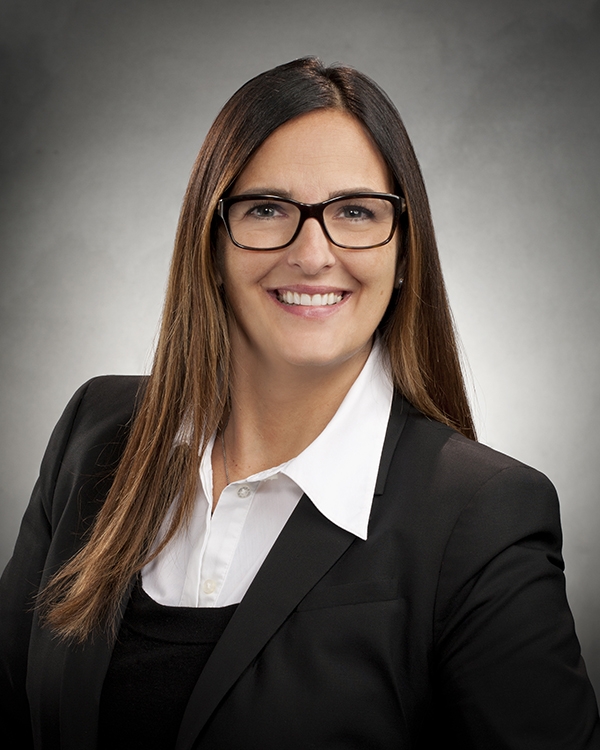
A new report says children who are placed in the Ministry of Social Service’s Person of Sufficient Interest (PSI) program are not receiving the financial support or oversight they need.
The findings come from ‘In Their Sufficient Interest?’, a report tabled by Saskatchewan’s Child and Youth Advocate Lisa Broda on April 4. In it, Broda writes that the aim of the PSI program is positive, but it leaves children and their caregivers vulnerable to instability and disruption due to limited supports and services.
“We have along the way been calling for some changes, and there have been small pockets. That’s been encouraging,” Broda said in a phone interview.
“If the ministry’s going to keep this program, which they are, then we want to see these changes made to strengthen the policies around this program.”
Broda outlined several areas of concern in her report, the biggest being the lack of oversight. She said guardians who oversee youth in the PSI program only have one annual review, and the child’s health and safety is not seen or assessed during it. She also wrote that the province does not collect data about reasons why a PSI placement may be disrupted, which makes it difficult to identify the program’s effectiveness.
She added that guardians and PSI youth do not receive the same financial supports as youth in Alternative Care or Foster Care. For example, Alternative Care and Foster Care youth are eligible for extended services and supports up until the age of 21, while PSI Youth are cut off when they age out of the program at 18.
Broda was also concerned many PSI youth weren’t receiving enough opportunities to stay connected to their culture. Roughly 88 per cent of PSI youth are Indigenous, and Broda wrote that the annual agreement with PSI Guardians makes no mention of cultural planning that would broaden or improve opportunities to preserve the child’s identity. However, she also acknowledged that the Ministry has drafted to policy to address this issue.
The report includes eight recommendations, seven of which the Ministry of Social Services has already committed to. The lone exception is Recommendation Eight, which calls on the province to amend The Child and Family Services Act to extend services to youth in PSI care up until the age of 21.
Broda said she’s encouraged by the ministry’s response to the first seven recommendations, but concerned about their hesitancy with the last one.
“My ongoing concern is that without the weight of legislative reform, children in PSI care will continue to be unnecessarily disadvantaged and not receive the ongoing care that meets their needs and safeguards their rights into their young adulthood,” she said.
Social Services Minister Gene Makowsky said won’t make a final decision on the eighth recommendation until they’ve given the program a second look.
“We’ve committed to a review of the program, and that will start very soon here,” Makowsky told reporters after Broda released her report.
“For now, we’re not accepting that (recommendation). We want to take a fulsome look at that to understand what might be the implications.”
Makowsky added that he doesn’t know the history of the PSI Program, and wasn’t sure why services were cut off at 18. He said that’s something the ministry wants to look at before making a decision.
“We want to review the program and make sure we take a strong and close look at it before making any changes,” he said. “We just recently received the report…. This is an area we want to look at, and so the Ministry will do the work to take a look at that suggestion (made) by the advocate.”
The PSI Program is a pathway of care the Ministry of Social Services uses to keep youth with their extended family when they are removed from their parental home. Broda wrote that the number of children in PSI care has “increased significantly over the past five years” and that the majority of these children are Indigenous and six years of age or older.
